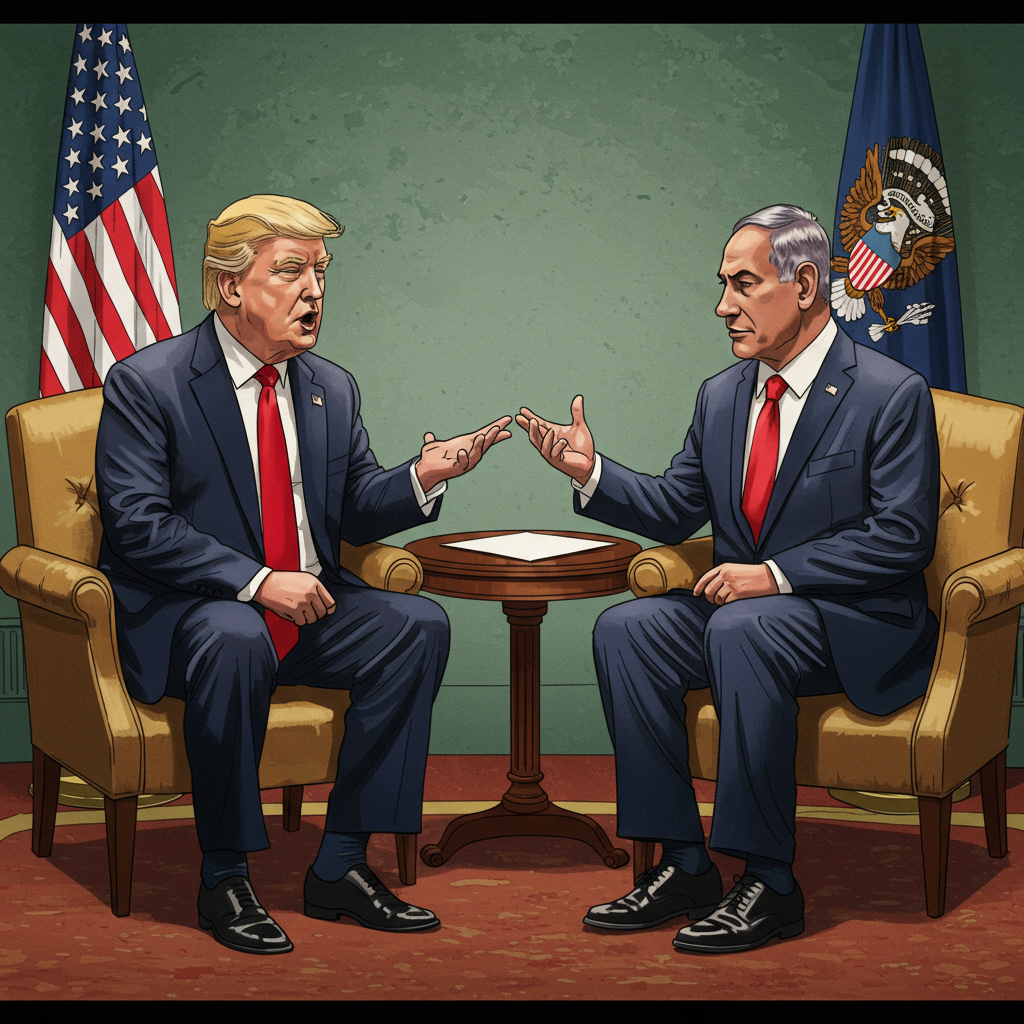UK Increases Military Footprint in Middle East
The United Kingdom is significantly increasing its military presence in the Middle East as tensions between Iran and Israel reach a critical point. British Prime Minister Keir Starmer confirmed the deployment of additional forces to the region, emphasizing the move is for “contingency support” and to protect important UK assets.
Speaking en route to the G7 summit in Canada, Starmer stated the UK is “moving assets to the region, including jets.” He highlighted the necessity of being “clear-eyed” regarding Britain’s duties and obligations during this volatile period.
This decision coincides with a sharp escalation in direct hostilities between Iran and Israel, and comes amidst widespread fears among global leaders, including US President Donald Trump, of the conflict broadening. Concerns deepened after Iranian state media reportedly issued a warning to the US, UK, and France, threatening strikes on their military bases and naval vessels if they defended Israel against retaliatory actions.
The Escalating Conflict
The UK’s military buildup follows a recent dangerous exchange between Tehran and Tel Aviv. Israeli strikes targeted Iranian nuclear and military sites, including facilities at Natanz, reportedly causing casualties and significant damage. Iran responded with waves of missile attacks aimed at Israeli cities, marking a direct confrontation that has heightened regional instability.
The current situation is distinct from previous flare-ups. Notably, during this latest round of Iranian missile strikes, the United States and the United Kingdom did not publicly state they assisted in shooting down projectiles, unlike their intervention during similar attacks last year.
This surge in hostilities is fueled, in part, by long-standing international concerns regarding Iran’s nuclear program, which Starmer reiterated the UK shares. While affirming Israel’s right to self-defense, the British Prime Minister stressed the urgent need for de-escalation.
Diplomatic Efforts and Global Reactions
As the conflict intensifies, European nations and the wider international community are urgently calling for restraint and diplomatic solutions. Germany, France, and the United Kingdom have jointly implored both Iran and Israel to step back from the brink. German Foreign Minister Johann Wadephul specifically called for talks between Iran and Israel to commence within the next week, with European powers offering to engage in negotiations with Iran regarding its nuclear program.
Despite these calls, direct talks between Tel Aviv and Tehran have not yet occurred. Cyprus President Nikos Christodoulides reportedly received a message from Iran for Israeli leader Benjamin Netanyahu, which he planned to deliver via phone call.
International reactions to the initial Israeli strikes on Iran included condemnation from numerous countries, including Qatar, Egypt, Turkey, Saudi Arabia, Iraq, Jordan, Kuwait, Hamas, Pakistan, Syria, UAE, Oman, and Malaysia, many viewing the action as a violation of Iranian sovereignty and international law. While condemning the Israeli strikes, many of these nations also urged all parties to exercise restraint and prevent the conflict from widening. The United States, while supporting Israel’s right to self-defense and noting it did not participate in the strike, has also stressed the need for de-escalation.
The crisis is expected to be a key topic of discussion at the G7 summit, where world leaders will grapple with the implications of a potential wider regional war. Some analysts suggest the recent Israeli action may have extinguished any remaining possibility of a new nuclear deal with Iran.
Broader Regional Instability
The current escalation between Iran and Israel unfolds against the backdrop of a region already grappling with significant conflicts. Since the October 2023 Hamas attack on Israel, the Middle East has been embroiled in heightened violence, including Israel’s intense military campaign in Gaza, and clashes involving Iran-backed groups in Lebanon, Yemen, and Syria.
The severe humanitarian situation in Gaza has contributed to shifting dynamics, with European support for Israel, which was strong immediately after the Hamas attack, reportedly waning in recent months.
The precarious regional landscape underscores the urgency of calls for de-escalation, as global leaders fear the Iran-Israel conflict could trigger a catastrophic wider war across the Middle East.


